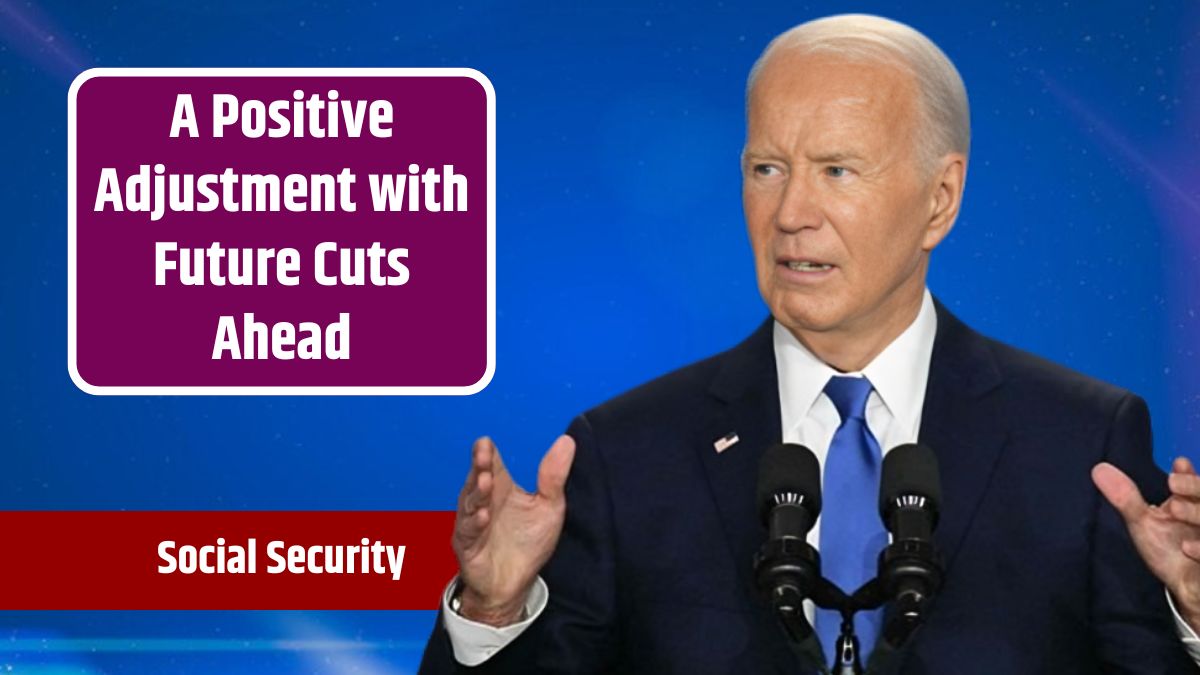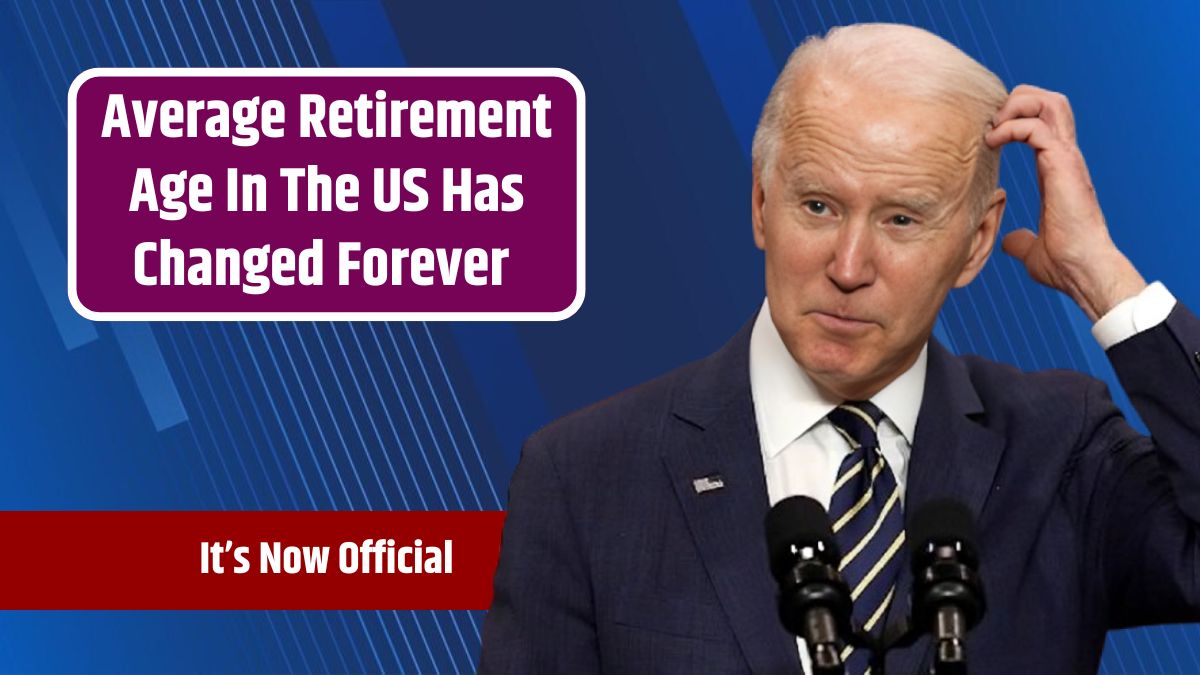Social Security is once again in the spotlight during the presidential elections, but this year, it’s more urgent than ever. With the Social Security Trust Funds projected to be depleted by 2035, according to the Congressional Research Service, candidates are under pressure to propose solutions. For years, experts have raised concerns about the program’s financial stability, but the issue has now reached a critical juncture.
Crisis
Established in 1933, Social Security has been a financial lifeline for retirees, disabled individuals, and their families. It keeps over 20 million people above the poverty line every year. Without it, many of these beneficiaries could be pushed into poverty—by 2045, the number of impoverished Social Security recipients could increase by 50%.
The problem is that Social Security operates as a “pay-as-you-go” system. This means that today’s workers pay into the system, which funds current retirees. But with an aging population and fewer workers supporting more beneficiaries, the program is struggling.
The Trust has been tapped to maintain benefit levels, but it’s running low. Even if it’s fully depleted, benefits won’t stop entirely—however, only 83% of benefits will be payable without further action.
Solutions
There are solutions, but political consensus is elusive. Both Republicans and Democrats have proposed ideas, but they differ sharply on how to fix the problem.
Republican Ideas
Many Republicans propose cutting benefits and raising the retirement age to 70 to reduce costs. However, former President Donald Trump has been at odds with his party on this. He has promised not to cut Social Security or raise the retirement age. However, his statements have been inconsistent, as he’s also suggested he might be open to cuts, leaving his plan unclear.
Democrat Proposals
Democrats, meanwhile, focus on increasing taxes for the wealthy. Vice President Kamala Harris and others in the party suggest that millionaires and billionaires should “pay their fair share.” Though no comprehensive plan has emerged, several bills have been introduced to increase taxes on higher incomes. Social Security payroll taxes currently cap out at $168,000, meaning earnings above this level aren’t taxed for Social Security.
Monique Morrissey, a senior economist at the Economic Policy Institute, highlights this disparity, noting that many people are unaware that wealthy individuals don’t pay Social Security taxes on their entire income. President Biden has proposed taxing income over $400,000 to address the funding gap, which would provide some relief to middle-class families. However, Morrissey believes this doesn’t go far enough. She argues that all income should be taxed for Social Security, noting that most Americans are willing to pay higher taxes when they see tangible benefits.
A Mixed Approach
Raising taxes is always a politically tricky issue. Many politicians avoid suggesting tax hikes due to their unpopularity, especially among wealthier voters. However, some experts argue that a balanced solution involving both tax increases and benefit adjustments might be necessary. Gopi Shah Goda, director of the Retirement Security Project at the Brookings Institution, supports this idea, suggesting that a mix of revenue increases and benefit reductions could provide a viable solution to the looming crisis.
As the 2035 deadline approaches, Social Security remains a crucial topic in presidential politics. With both parties offering differing solutions, voters will have to decide which approach they believe will best preserve the program.
The future of Social Security may hinge on difficult decisions and compromises that neither side has fully embraced. However, without timely action, millions of Americans may face reduced benefits, and the program could fall short of meeting its essential goal—financial security for all retirees.
FAQs
What happens when the Social Security Trust Funds deplete?
Benefits will continue, but only 83% of payments can be funded.
How do Republicans plan to fix Social Security?
Many support benefit cuts and raising retirement age to 70.
What do Democrats propose to solve the shortfall?
They favor raising taxes on the wealthy to fund the program.
Will my Social Security benefits stop in 2035?
No, but benefits may be reduced without congressional action.
Why aren’t millionaires paying full Social Security taxes?
Income above $168,000 isn’t subject to Social Security taxes.






